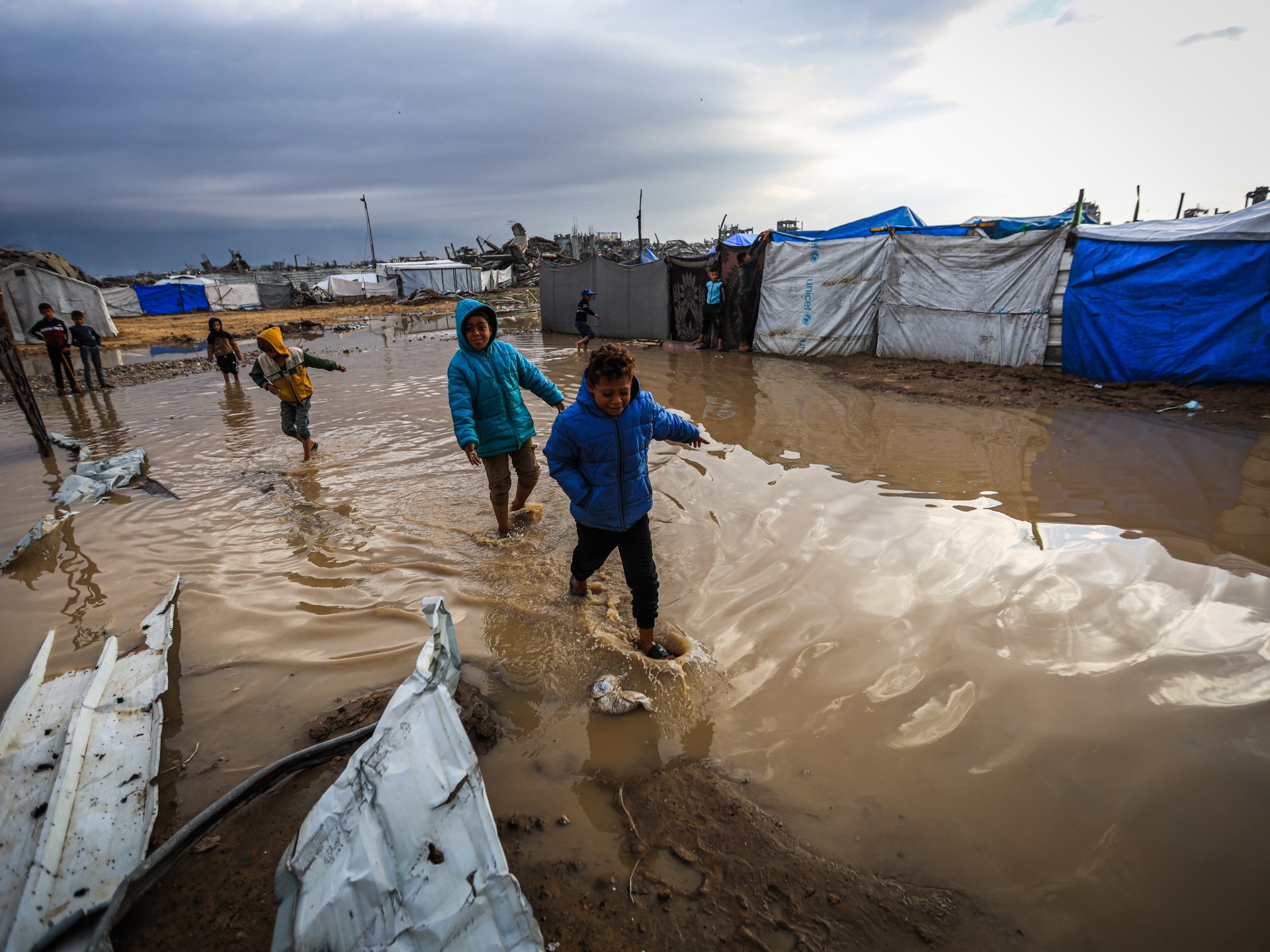Victoria ‒ Seychelles has validated a comprehensive strategic plan 2025‒2030 designed to protect the health of its people by tackling tropical and vector-borne diseases. This plan lays out clear actions to prevent, control and eliminate…
Author: admin
-

‘We are truly doomed’: King Gizzard and the Lizard Wizard despair at AI clone appearing on Spotify | Music
Spotify has removed an AI impersonator of popular Australian rockers King Gizzard and the Lizard Wizard from the streaming service, with the band’s frontman voicing despair at the situation.
King Gizzard removed their music from Spotify in July…
Continue Reading
-
Microsoft Releases December 2025 Patch Tuesday Updates with 56 Security Fixes – Petri IT Knowledgebase
- Microsoft Releases December 2025 Patch Tuesday Updates with 56 Security Fixes Petri IT Knowledgebase
- Microsoft December 2025 Patch Tuesday fixes 3 zero-days, 57 flaws BleepingComputer
- The December 2025 Security Update Review Zero Day Initiative
Continue Reading
-
South Africa's Mr Price makes European debut through German value retailer deal – Reuters
- South Africa’s Mr Price makes European debut through German value retailer deal Reuters
- South Africa’s Mr Price Slumps Amid Concern Over Value of NKD Retail Purchase Bloomberg.com
- Mr Price crashes R6bn on news of R10bn push into Europe News24
- Mr Price Group shares plunge 9% following R9.6 billion European acquisition IOL
- South African retail giant buying international company for R9.7 billion BusinessTech
Continue Reading
-

All the key statistics from Lando Norris’ World Championship-winning season
Lando Norris has now etched his name into the F1 history books after claiming his maiden World Championship at the Abu Dhabi Grand Prix, the Briton taking the crown following a closely-fought title battle that went right down to the wire. An…
Continue Reading
-

Heavy rains flood tents sheltering the displaced, heaping misery on Gaza | Israel-Palestine conflict News
Published On 10 Dec 2025
Heavy rains have flooded thousands of tents sheltering displaced Palestinians in the Gaza Strip, the latest misery to befall civilians in the enclave, which has…
Continue Reading
-

Singapore’s Shanti Pereira targets sprint golds after Olympic and Worlds disappointments
Shanti: Focus on health after injury in 2024 — and how analytics is helping
Shanti picked up a stress injury in 2024 prior to going to Paris, which derailed her season. She told Her World magazine: “It looked kind of bleak; I wasn’t sure what…
Continue Reading
-

Antemortem Human Rabies Testing Boosts Detection Rates – European Medical Journal Antemortem Human Rabies Testing Boosts Detection Rates
ANTEMORTUM human rabies testing detects infection when sample types are collected across the course of illness.
Human rabies remains underdetected in part because patients are not always tested before death, and when they are, limited sampling…
Continue Reading
-

Bohmian Trajectories Within Hilbert Space Quantum Mechanics Resolve The Measurement Problem Using A Stochastic Process
The enduring puzzle of how quantum mechanics describes measurement receives fresh attention with a new formalism that integrates the deterministic trajectories of de Broglie-Bohm theory with the standard Hilbert space framework. Tulsi Dass…
Continue Reading
-

Rishad joins defending champions Hobart for Big Bash return
Bangladesh leg spinner Rishad Hossain has left for Australia to take part in the upcoming Big Bash League, where he will play for defending champions Hobart Hurricanes.
With this, his dream is coming true, as he was unable to play last season as…
Continue Reading